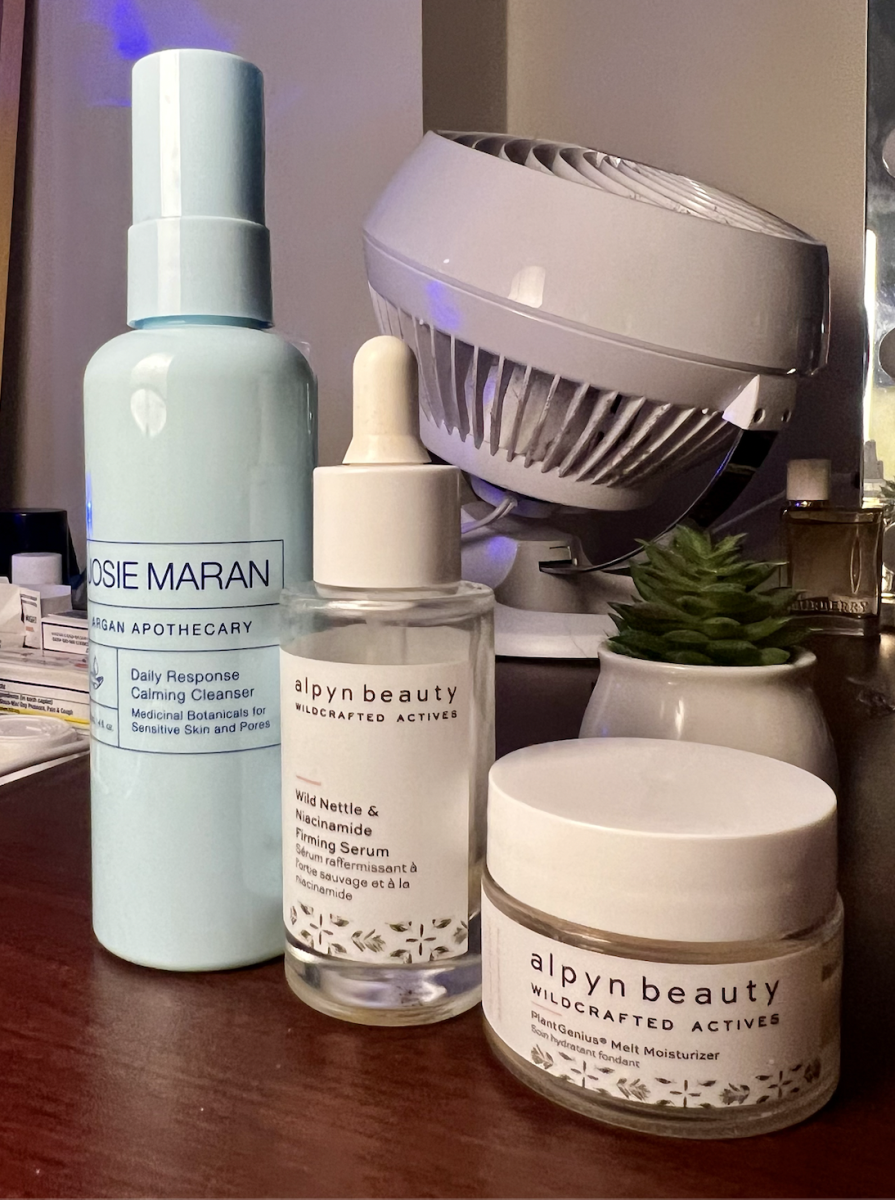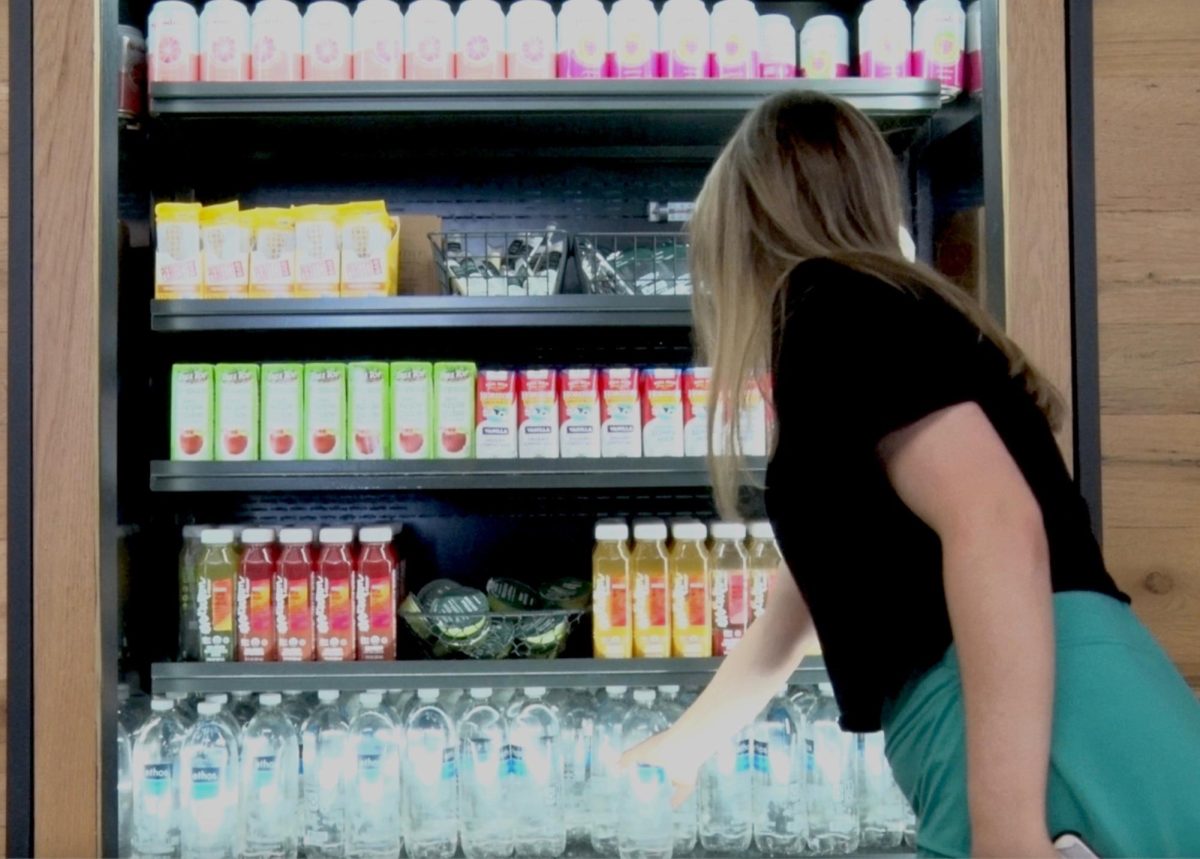As sporting superstars continue to set mind-boggling records, it seems as a population, we have never been faster, fitter or stronger. Yet, while some continue to push the boundaries and extend the limits of human performance, like so many other aspects of our lives, disparity is growing; and a majority of us, are in fact, falling further and further into ill health.
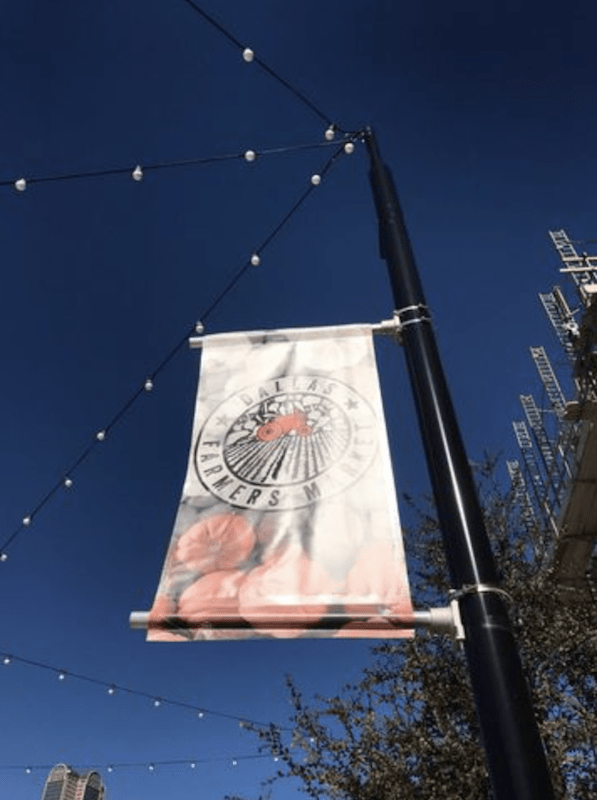
According to an Institute for Health Metrics and Evaluation (IHME) report, an estimated 160 million of US citizens are obese and perhaps more troubling almost a third reported feeling helpless, without either the means or knowledge of how to change such.
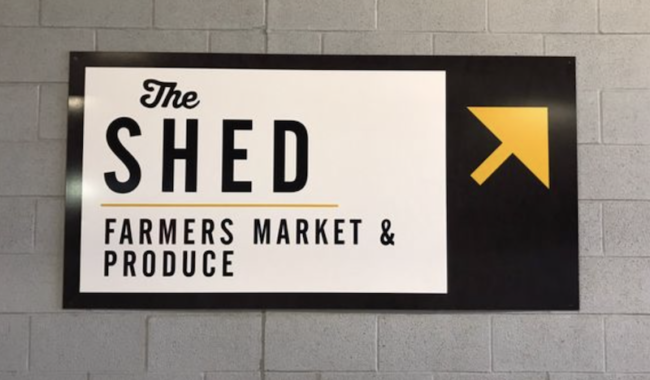

The past decade has seen us obsess over the latest health crazes, falling victim to detoxes promising to suck the extra pounds off within a matter of weeks; such “solutions” have proven lacking in substance.
And as we continue racing towards the future, while cutting corners for convenience, the question of providing sustainable long term health becomes a very real issue.
While long term health is a multifaceted issue, the food we choose to eat and the lifestyle this inevitably enables plays a large role in our ability to contribute and participate in society.

“Food choices play a large role in our lives beyond our plates,” Nutritionist Kelsey Hampton, states. “When we choose foods associated with simple, wholesome values we see that reflected in our health.”
Obviously, good nutrition is physiologically important, but “feeling good” psychologically about the choices, is just as important in leading a healthy life says registered mental health and eating disorders specialist at SMU health center, Dr. Ally Wade. “When our choices align with our values we feel better, and are more inclined to continue that behavior,” she said.

Sourcing whole foods and then implementing them into daily routines can seem arduous, but the conveniently located Dallas Farmers Market in central downtown makes it fun and easy. The market has been bringing local vendors together every Friday through Sunday to share the value of home-grown health since the late 19th century.
https://dallasfarmersmarket.org
While Instagram would have us believe we should just innately know how to whip up five-star fresh organic meals, the friendly folks at the market understand everyone has had differing levels of exposure to whole foods and they are all too happy to share their own stories of transformation through sustainable foods.
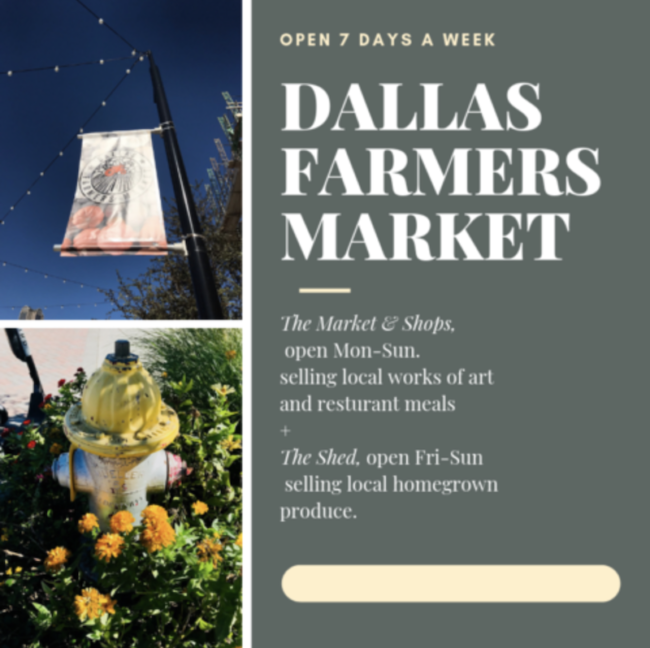
Click the Flyer for directions and information on the Dallas Farmers Market.
One of the market’s most popular stalls belong to natural yogurt company, “Milk + Patience.”
Founded by SMU Alumni, Stephanie Gilewicz the brand’s core belief is connecting people to better health through simple and delicious food. Three years ago Gilewicz was constantly falling ill and felt her body was out of balance. On and off medications that didn’t seem to work, she was fed up and becoming despondent. That was until she experimented with fermentation and the relation it holds to ‘gut health.’
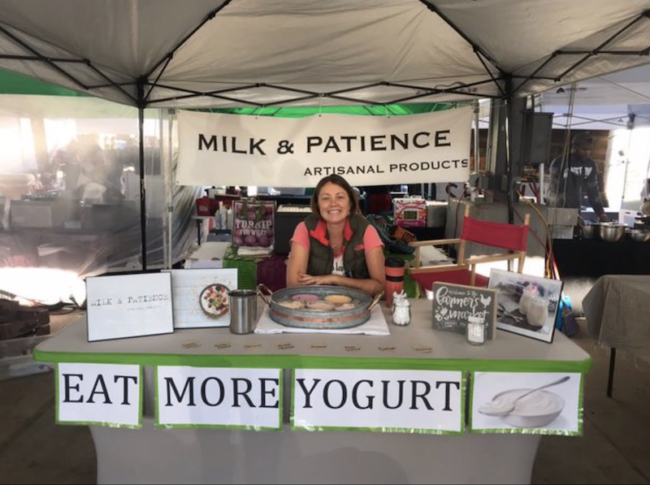
A rough batch of yogurt was concocted and then consumed. And within weeks Gilewicz was off all medications and noticing a major difference.
“Food is also our medicine,” she said. “It’s also our connection to ourselves and to others.”
Emphasizing “patience” in the brand name holds an important tie to holistic health that is often bypassed for convenience and additives explained Gilewicz.
“What’s cool about our product is we cold strain it for two days, allowing it to become naturally thick and creamy, meaning we don’t have to add any kind of chemicals or thickening agents,” she said.
As the saying goes ‘simplicity is the ultimate form of sophistication!’
Tapping whole foods to remedy modern illness is a reoccurring theme across the market.

With HalleluYah farms’ John Michael Barns swearing by the brands raw wild-flower honey in combating allergies.
“I guess I’m becoming a “health-nut,” he says. “I don’t have to take pills for my allergies anymore, I just take a spoonful of honey every morning and I’m good to go.”
Barns transition to “health-nut” is based on more than just honey though.
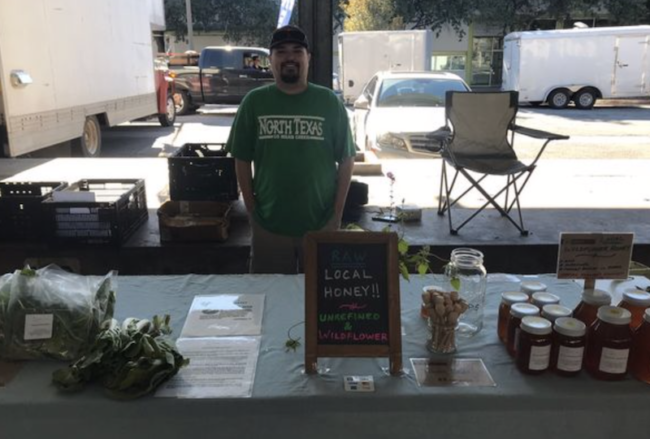
“I used to be 305lbs, drinking probably 40 to 50 beers a week and I was just miserable,” he said. “I was depressed, and I didn’t know who I was. One day someone came round and told me I had to change the way I lived.”
It wasn’t easy but feeling like he had nothing to lose Barnes slowly changed to an all organic diet rooted in whole foods.
The result?
A 140lb weight loss story and new found appreciation for the connections nutritious foods foster.
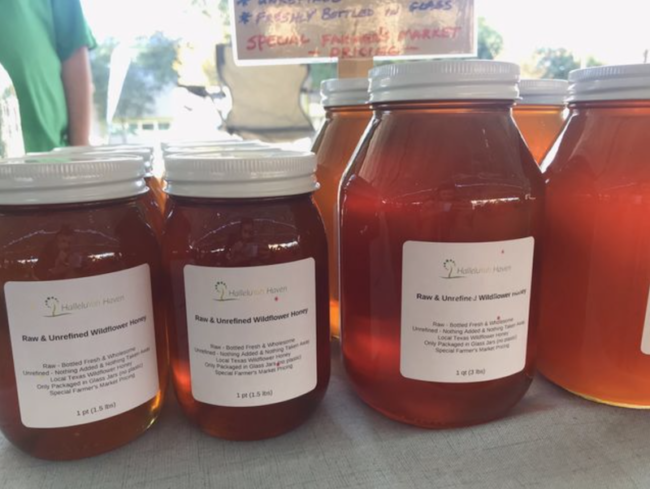
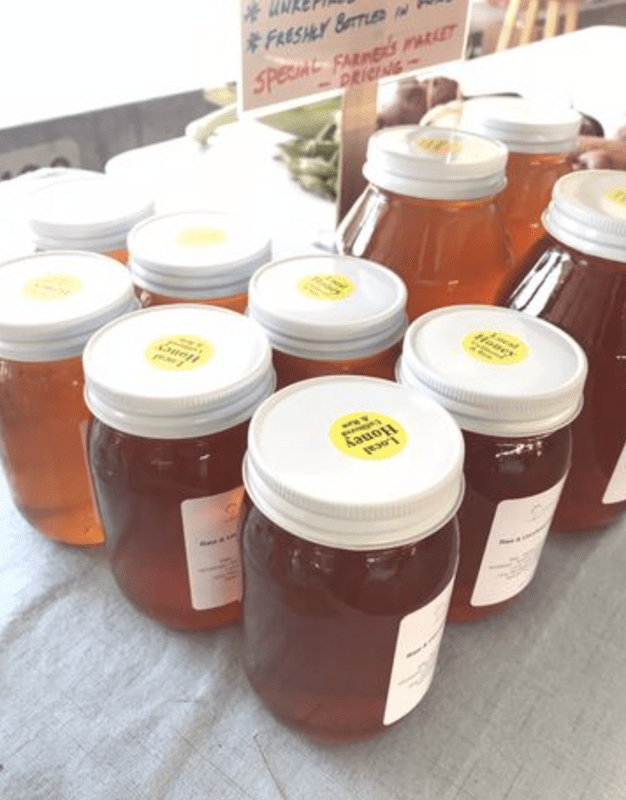
Changing your personal health values “is a life-changing thing,” Barns said. “And I love that I get to educate people about that through food.”
Like both Barns and Gilewicz market newcomer Penny Nichols, owner of “Penny’s Pasteurized Poultry” began producing organic, farm to fork, broilers, and eggs in an effort to boost her young son’s immune system.
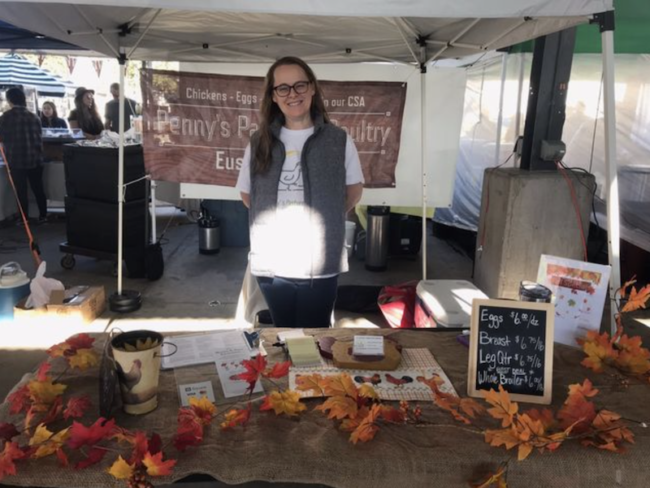
“We really looked into, ‘OK, what can we do to help him with his health,’ and found out that it’s the food,” she said.
A change in diet, to free-range and grass-fed protein, saw her son bouncing back.
“He genuinely wants to eat it, and his health is just night and day.” Penny reiterates.
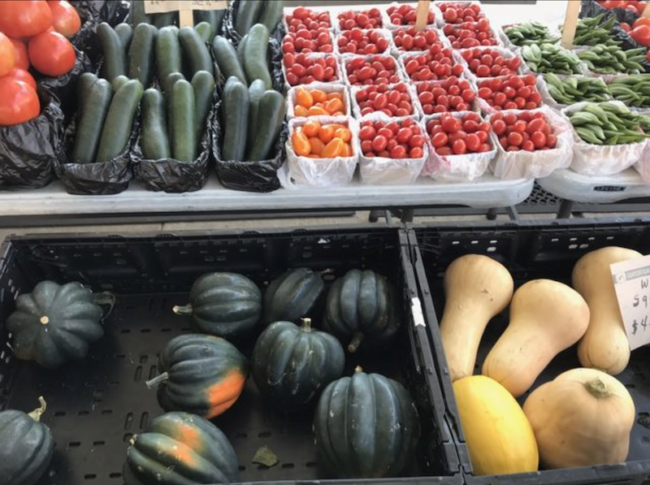
The benefits of locally grown whole foods speak for themselves, and are, by far, the cheapest solution to sustaining long term health. However, perhaps the biggest reward when embracing clean and holistic eating is the connection and ownership formed through understanding exactly how and where our food comes from. Not only do we identify with the products but also with the people responsible for producing them. And in a world already so full of artificial alternatives surely this genuine human connectivity is reason enough to refuel with real food.









